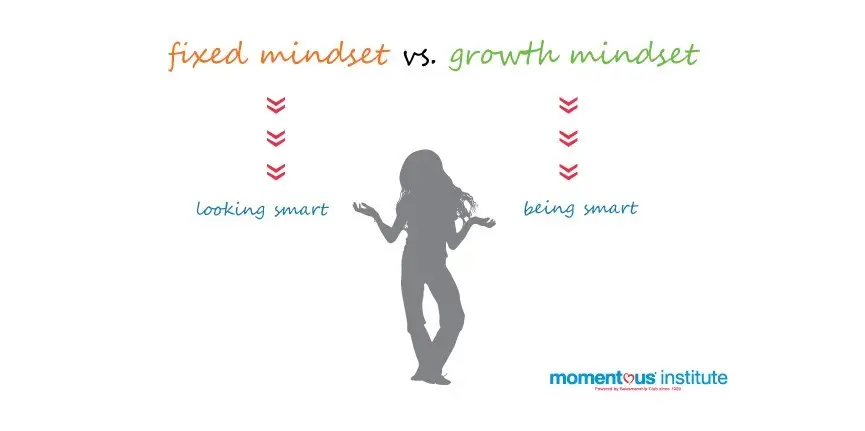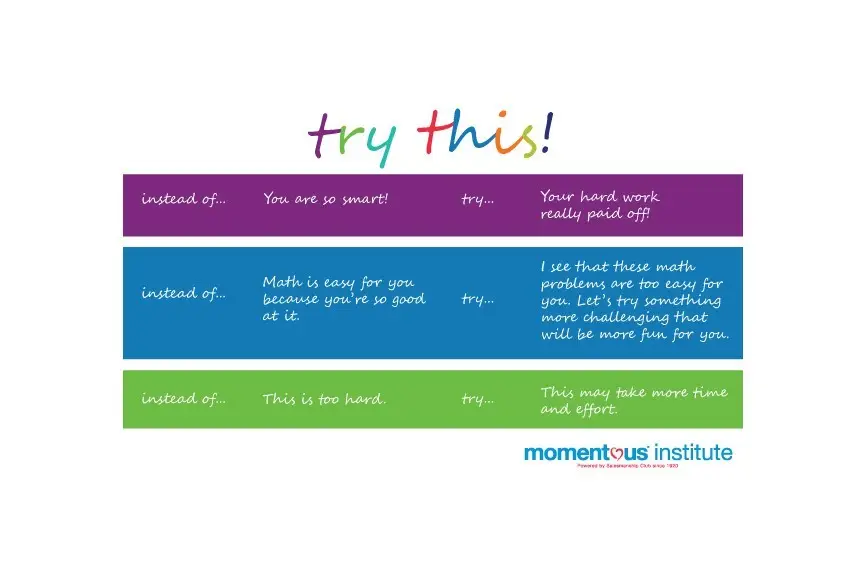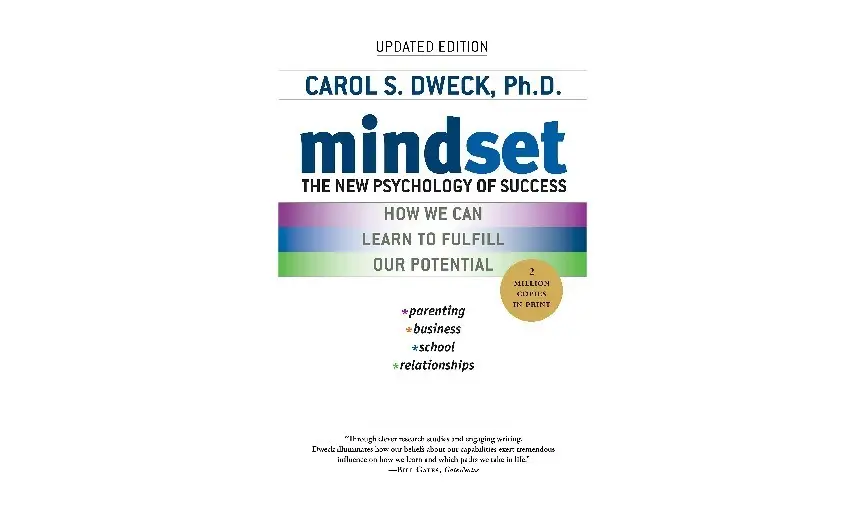Imagine this: a child gets an A on her spelling test. You tell her, “Great job! You are really smart.”
Nothing wrong with that, right?
Turns out, there might be a better option. Think about what “you are really smart” is telling that child. She’s thinking, “I did well on this because I’m smart.” Then if she ever gets a lower grade, she might think, “I guess I’m not that smart.”
Wouldn’t it be better if the child processed this grade as, “I did well on that test because I worked hard and studied.” And next time she gets a B? Maybe she’ll think, “I didn’t do as well because I didn’t try as hard.”
When kids are praised for being smart, according to Dr. Carol Dweck, author of the book Mindset, they build their identity around being smart. Being smart suddenly becomes the most important thing. After all, it’s who they are: smart. Dr. Dweck’s research shows that students who are consistently praised for their intelligence can fall into a “fixed mindset,” that is, they believe that it is more important to look smart than to take risks and try harder challenges.
On the other hand, children with a “growth mindset” will value challenge and opportunities to grow. A growth mindset child might say something like, “That was easy. I want to try something harder.” A fixed mindset child might say, “I did well on that. If I try something harder, I might not do well. I think I’ll just stick at this level.”

Of course we want children to take intellectual risks and try new things. As adults, we know that it’s okay to fail, and that through failure can come great reward. But we need to make sure that we are passing that message on to kids. How do we do that? It can start with our language.
We can encourage a growth mindset by using language such as, “You worked really hard on that task, and you can see that it paid off!” We can also say things like, “Wow! You solved your problems really quickly! Let’s move on to something more challenging that will be more fun for you.” This reinforces that excelling at a task is not the most important thing, but rather using our brains to learn.

Another important part of developing a growth mindset is helping kids understand that their brains can change and grow. In Dweck’s book “Mindset” she highlights the self-portrait illustrations of adults who, like many of us, claimed “I can’t draw.” And sure enough, like many of us, their “before” drawings indicate that they were not born with the artwork gene. But just five days after entering an intensive class – five days! – their drawings were remarkable. Here are some examples of the before/after illustrations from the Drawing from the Right Side of the Brain website.

So, even (and often) adults can fall into this fixed mindset. How many times have you said, as you take out your phone calculator to split a restaurant tab, “I’m not good at math.” We’re all guilty of “I am completely tone deaf” or “I’m bad at directions” or “Spelling is not my thing.”
Of course we are better at some things than others. And of course we don’t need to be great at everything! But we need to teach kids that if they try, they can grow their brains. There’s no reason why a nine-year old should just decide, “I’m not good at math” and never try to get better.
Mindset is a powerful concept. It’s the difference between kids who will be lifelong learners and kids who will walk away in the face of adversity.
Have you worked with kids with a fixed mindset? How did you help them change their thinking? We have a few strategies which we’ll share with you in the coming weeks, and we’d love to know more!

Share with
Related Resources